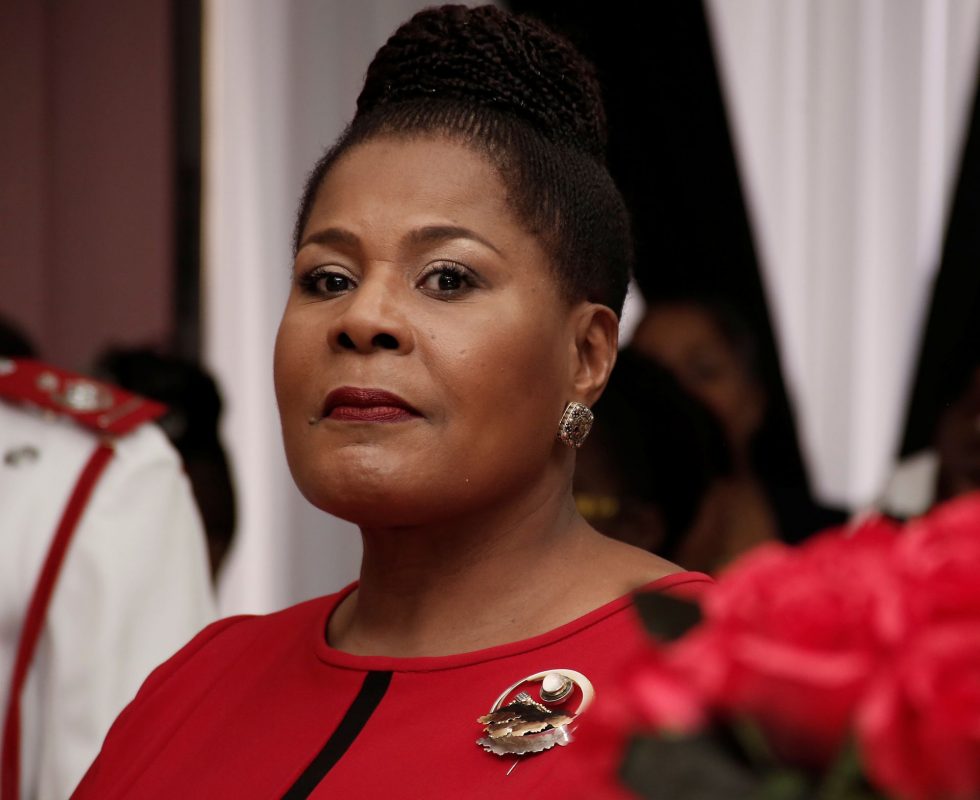(Trinidad Newsday) A statement issued by the Office of the President (OTP) does not appear to have answered questions about why guests invited to functions that it hosts may only bring legally married partners. The statement was issued after President Paula-Mae Weekes spoke about the issue before after this year’s national awards ceremony.
In the statement, published yesterday, the Office of the President said the policy followed was a traditional one, and the issue of invitations to the ceremony had been “outstripped by misinformation and unreasonable speculation in the recent past.”
Invitations to the ceremony are issued in the name of the Head of State to named guests, it said, and the OTP does not “and guest” invitations. The OTP said the method of compiling the list was identical in 2018 and 2019, and there are two categories of guests for the ceremony.
The first is guests of the President, Prime Minister and the awardees.
The OTP said, “In the issuing of these invitations, marital or other relationships is not a consideration and therefore married, affianced, co-habiting, same sex, even casually dating couples, may be invited in this category.”
The second category involves people whose offices “appear on the tables of precedence.” These guests are invited by virtue of their position. They include parliamentarians, judges and heads of diplomatic missions.
These people are not entitled to a “plus one,” the OTP said, but they are “extended the courtesy of having their spouse included on their invitation.”
The OTP added, “This is not a new policy. Information as to marital status of the office holder and the name of the spouse is supplied by the respective offices.” While other practices may have obtained from time to time, the OTP said it “adheres to this formal tradition.”
The OTP also said legislation dealing with co-habitational relationships “does not, nor does it intend to provide a guide to social invitations.” The legislation, it added, “is meant to confer rights to the inherent as to inheritance, property and other legal obligations.”
Former head of the public service Reginald Dumas commented yesterday, “My curiosity is piqued.”
Dumas hoped his questions about the policy were not regarded as part of the “unreasonable speculation” that the OTP mentioned.
He said he was unaware there were two categories of invitees.
“Why the difference? Who decided who is entitled to a plus-one or not?” he asked.
On the Co-Habitational Relationships Act, Dumas said legislation changes over time and “reflects the society in which we live” and co-habitational relationships are part of the society.
LGBTQ+ activist Colin Robinson said the statement did not offer any clarity on the issue.
“Should spouses be office-holders’ appendages, though?” he asked. “If there is a recognition of a partner in order of preference, all partners should be (recognised).”
He observed the OTP used the term “same-sex “when speaking about the guests of the President, Prime Minister and awardees.
Former OTP officials, speaking on condition of anonymity, were uncertain whether or not the tradition referred to by the OTP was in fact an established tradition.
